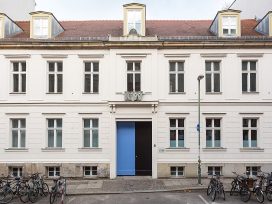
The guarded approach of this year’s Berlin Biennale towards expressions of pro-Palestinian solidarity left artists and art public alike with the sense that what is currently permissible in Germany’s cultural sector is not enough.

The guarded approach of this year’s Berlin Biennale towards expressions of pro-Palestinian solidarity left artists and art public alike with the sense that what is currently permissible in Germany’s cultural sector is not enough.

Russian art museums and galleries, navigating Putin’s censorship, either conform or risk closure. Dissenting cultural workers are sacked, artists arrested. Pro-war propaganda is both sardonically replacing exhibitions once celebrating Soviet Ukraine in Russia and eradicating Ukrainian culture in the occupied territories.
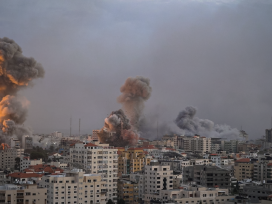
Under the Netanyahu government, Israel has aligned itself with an autocratic international whose goal is to transform sovereignty into state impunity. The war on Gaza inaugurates a global era in which consensus itself has lost legitimacy.
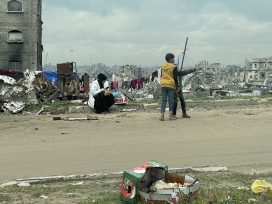
‘Since leaving Khan Younis, I have not felt whole. The knowledge that complete healing will never come has become something I carry with me always, like a part of my body, like an extra limb.’ A Gazan writer on her experience of multiple displacement, written in March 2025.
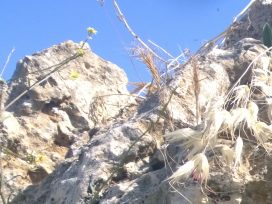
What happens when societies become desensitized to violence? Does humanity collapse under the weight of repeatedly inflicted cruelty, witnessed as routine, forcing endurance on women, the poor and others excluded from citizenship, as in Gaza? Or does resistance rest in the gestation of fragmented, suspended lives, the martyred dead and movements like ‘Woman, Life Freedom’?
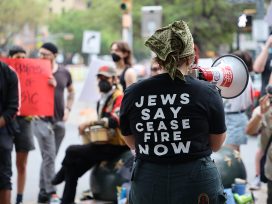
Political failures since 7 October 2023 have had deep repercussions for Jews in liberal democracies. Not only are they divided over the Jewish state, they also feel alienated from societies in which antisemitism is regularly disguised as anti-Zionism, and in which the far-right has become Israel’s greatest champion.

A century after publication, ‘Mein Kampf’ is instructive not just of the mass appeal of delusional xenophobia, but also of the circumstances under which morality can become a form of terror.
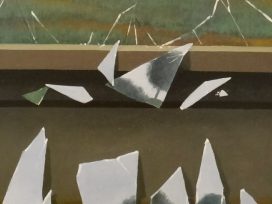
House keys recur in the stories of Crimean Tatars and Palestinians displaced from their respective homelands in the 1940s, and Ukrainian citizens fleeing Russian invasion since 2014. Ethnographic research and discourses on art and justice show how objects emblematic of home salvage the history of exiled peoples from oblivion.

As capital consolidates, culture recedes, funding vanishes, access narrows. The question persists: why fund culture at all? Cultural managers from Austria, Hungary and Serbia discuss.
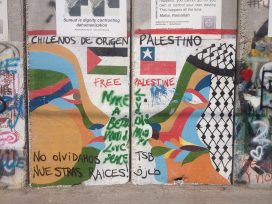
For younger Palestinians, most of them diasporic, the heroics of the past are no compensation for the absence of an organized liberation movement. Abandoning the myths of statehood through negotiated settlement, they are defining the goals of liberation and return anew.
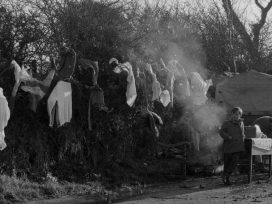
From raising awareness of inequality to its derision, ‘woke’ has become a controversial English term. Set the debate in Wales, where English has dominated the national language, and complications increase. A cancelled Welsh author reveals how the overt politicization of literature is forcing some writers to abandon their mother tongue.
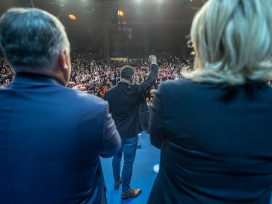
On political speech and the paradoxes of critique after Trump and Gaza; why the far right fills the gap left by restorationist liberalism; and how fascization depends on white middle-class solidarity.
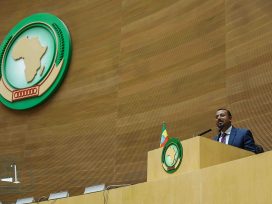
Founded to eradicate the legacies of colonialism, the African Union was supposed to have been a means to assert sovereignty. But it has proven ineffective in countering not just western power.

It’s over five years since COVID-19 broke out and changed the world. Yet many are still reluctant to discuss it’s impact. Nevertheless, the fallout stays with us, institutionally, economically and emotionally.
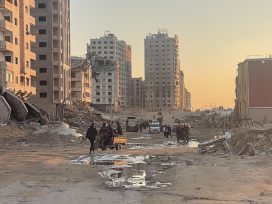
Israel has authorized a full military takeover of Gaza exactly twenty years after declaring it had ‘left’ the Strip. Disengagement failed because it was never designed to succeed – least of all on Palestinian terms.
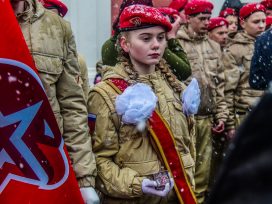
Education has become another battleground in the Kremlin’s campaign to militarize the Russian public consciousness. Youth organizations, book bans, changes to school curricula – all amount to a ‘special anthropological operation’.